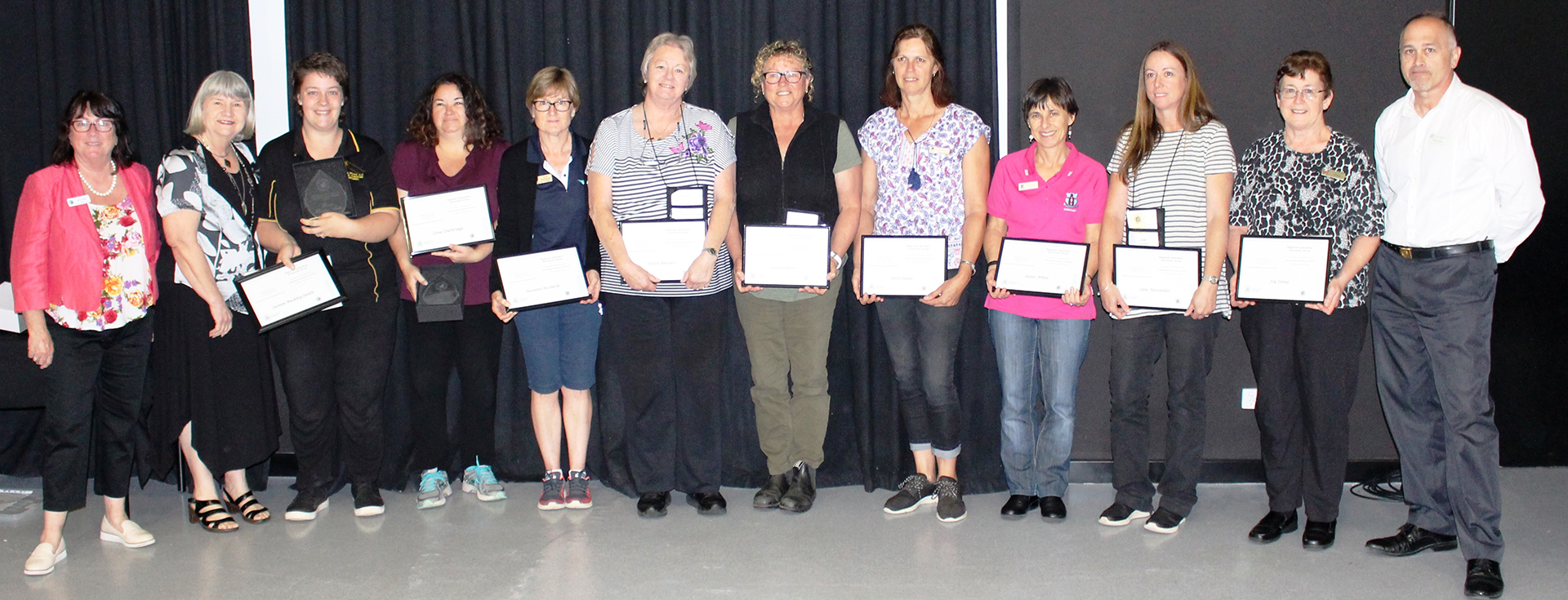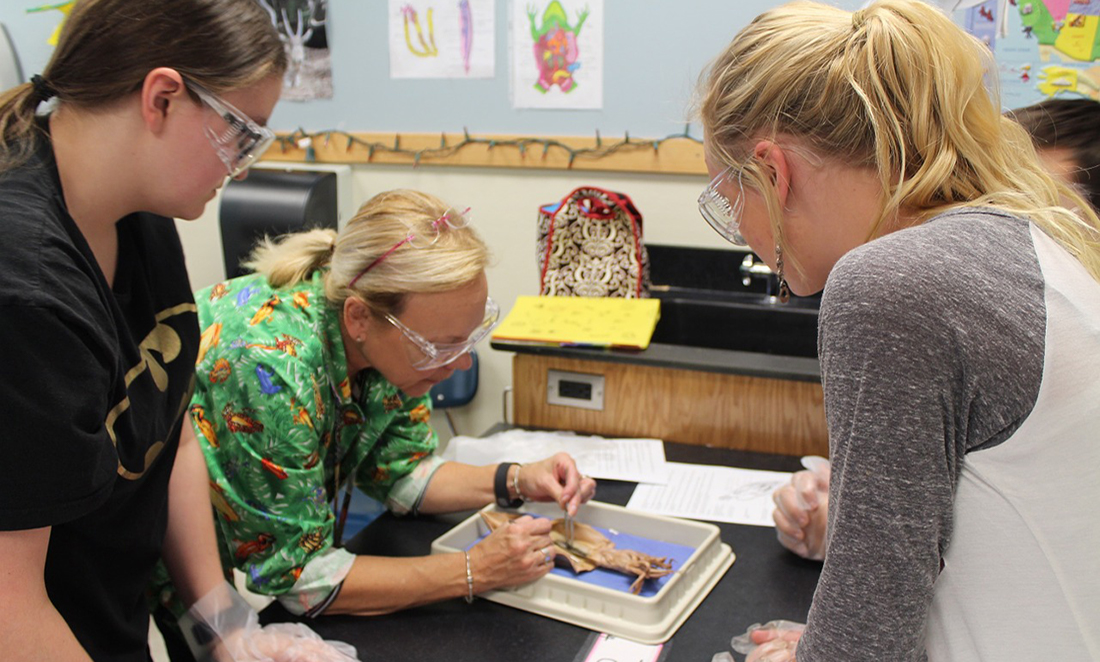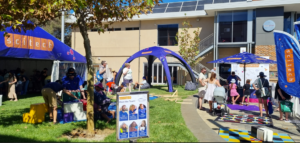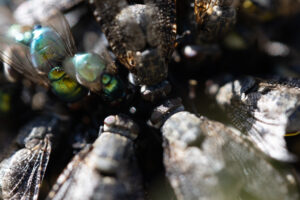“Teenagers will experiment” is a phrase that strikes fear into the hearts of all parents. But don’t worry—they’re in good hands. There exists a secret army of science champions across WA.
They’re the people who source the biological material, deal with toxic chemicals and clean up after the experiments have run their (usually messy) course—all while keeping students and teachers in one piece.
Now, this underrated group of extraordinary individuals that work in our public schools across WA are being outed.
Laboratory technicians are responsible for the sourcing, preparation and planning of experiments that are undertaken in science classrooms around WA.
The WA Department of Education recognises those who go above and beyond to help students and teachers to get the most out of science classes in the Regional Laboratory Technician Group Awards.
At the Science Technicians Conference in December 2017, Jasmin Buckley-Smith from Newton Moore Senior High School in Bunbury and Lisa Chandler of Margaret River Senior High School won awards for Excellence in their field. Lena Durbridge of Warwick Senior High School took out the award for support.

The judges considered how the lab technicians’ knowledge and skills contribute to a positive learning environment, how they enhance student and staff achievement and how they incorporate imagination, initiative and resourcefulness into their science departments.
EVIDENCE OF EXCELLENCE
Nine other staff members were nominated by their schools, and according to the judging panel, competition was fierce.
Some of the comments that came in with these nominations are quite telling of these people’s commitment to the work they do:
“A passionate and enthusiastic science technician, she is an invaluable member of the Science Department and broader school community. She is our ‘heart’ and supports all that we do to extend science knowledge, skills and understanding; promote science pathways; and provide engagement opportunities. She keeps us all organised and reins in the more crazy ideas but above all, works tirelessly to make a difference. She is exceptional!”
“She is like the MacGyver of the lab, she can fix almost anything.”
“Thousands of children over more than 20 years have had a better quality of science education, as a direct result of her supporting hand in their journeys.”
KEEPING UP WITH TECHNOLOGIES
Science technicians are important and integral parts of the science department in schools.
The Regional Laboratory Technician Group (RLTG) has provided ongoing training to technicians since the late 1970s from how to use computers when they emerged in schools to classroom robotics today. The skills and knowledge required to be an effective science technician are continually encouraged and developed through workshops, meetings and conferences run by the RLTG.
As new technologies emerge, lab technicians are often on the front line of integrating them into classroom projects.
Personally, as a beneficiary of many brain-melting, awe-inducing lab experiments over my high school years, I cannot speak to the immense influence that these sorts of lessons can have on children.
As thousands of teachers prepare to go back to school next week, let’s give a shout out to those quiet heroes—the lab technicians who support them.








